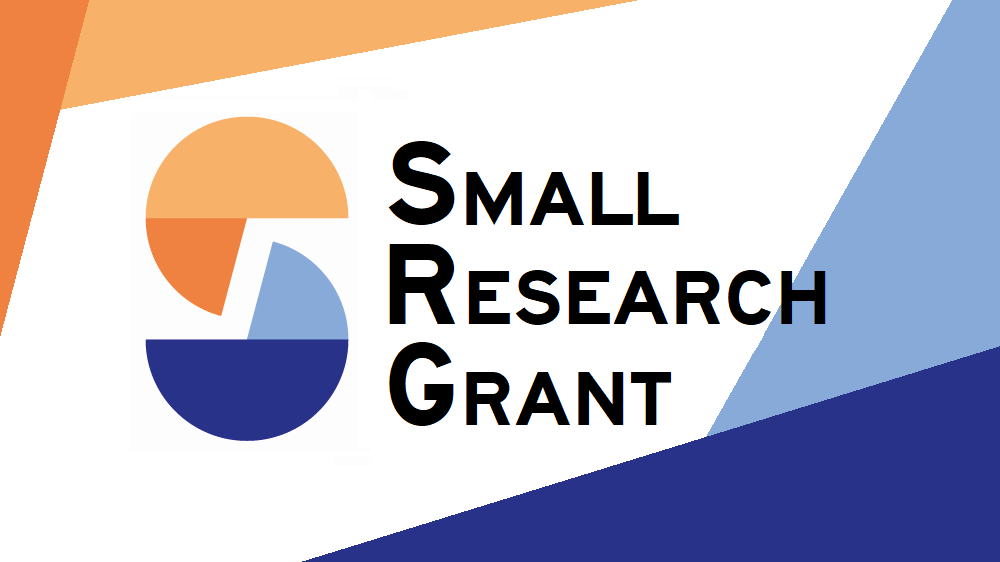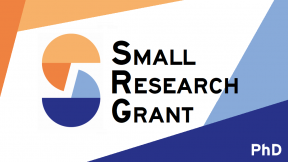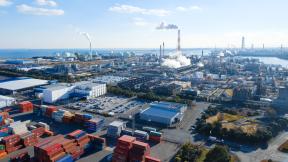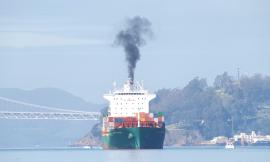Economists have long debated the optimal balance of foreign and local capital in emerging economies. A large body of empirical evidence shows the benefits of foreign capital: Multinationals are more productive than locally-owned firms, and generate positive productivity spillovers via technology and human capital. Particularly in capital-intensive natural resource sectors, the local private sector may lack the technology, capital, and skills required to exploit resource deposits. Despite these benefits, foreign multinationals may find it challenging to operate in corrupt and conflict-prone markets. In resource-cursed markets, local firms may possess the information, political connections, or legal flexibility to protect assets and navigate politics. This project asks the questions: Do local firms outperform multinationals in corrupt natural resource sectors? What is the impact of local ownership on overall sectoral efficiency, government revenue, corruption, and resource-related conflict?
The project’s core empirical exercise is to estimate the impact of local ownership on asset-level mining outcomes. The data for this exercise is a global panel of 35,567 mining assets across 162 countries for the years 2000-2022, constructed from information in the S&P Metals and Mining database. For each asset, the authors will collect location, commodity, ownership history, and output, and estimate the number of unique owner firms. They will then collect firm-level data on the characteristics of these owners, which will enable them to identify, for each asset over time, not only the indigeneity of the operating firm itself, but also the indigenous share of second-level owners. Further, they will complement this asset data with mine-level information on violent conflict events from ACLED, as well as country-level data on both mine and owner country characteristics from the World Bank WDI. Finally, to account for omitted variables at the time, asset, and country level, they will use a fixed-effects strategy that includes i) asset fixed effects to control for fixed differences in asset characteristics, and ii) country-by-year-by-commodity fixed effects, which flexibly accounts for time-varying shocks to country industries.
This project will bring rigorous evidence to bear on policy debates around indigenization in developing countries. The research team plans to connect with colleagues at the World Bank Energy and Extractives Global Practice and the ELLED Initiative in order to maximize policy impact. Further, it hopes to scale up policy communication from a former project conducted by the Principle Investigator on the same topic, which included presenting research findings at a seminar at the African Development Bank and the World Bank Symposium for Data and Anti-Corruption.





























































